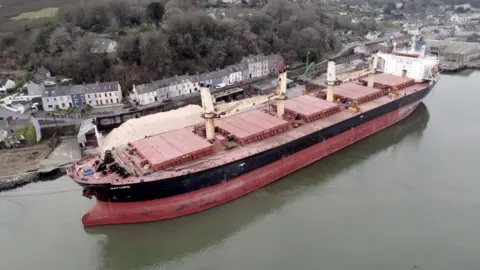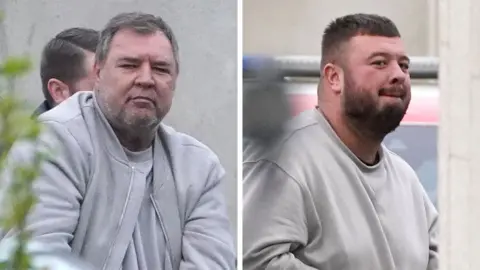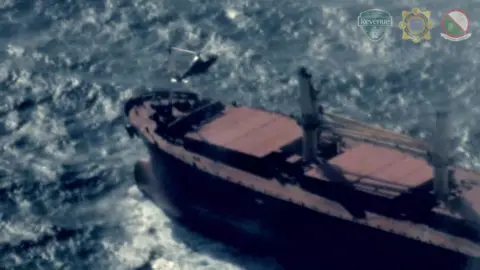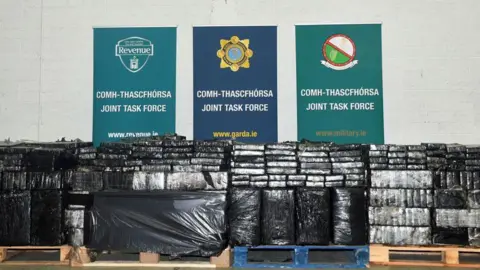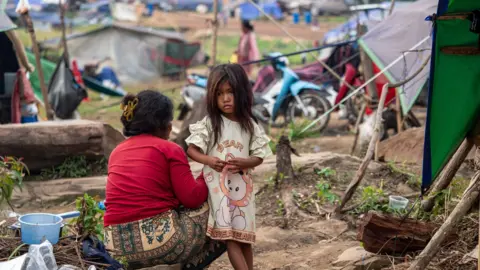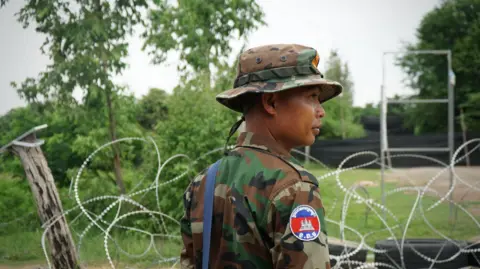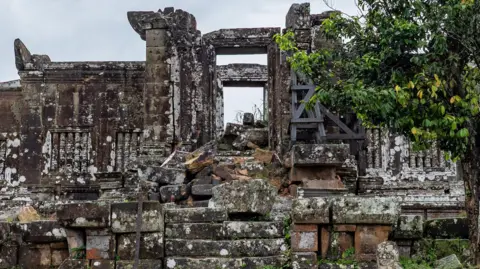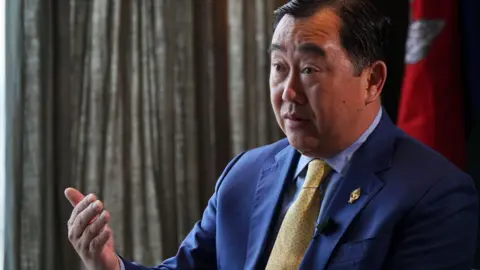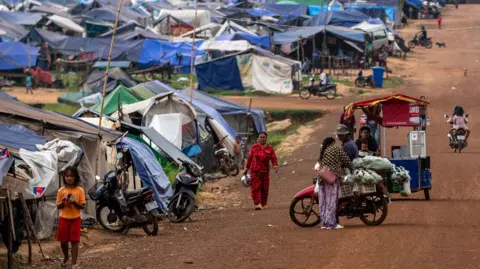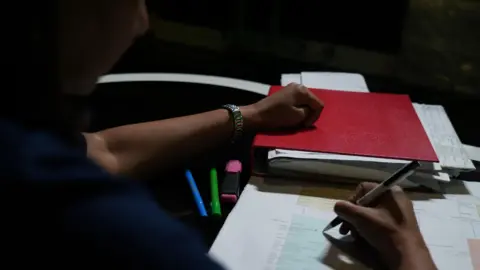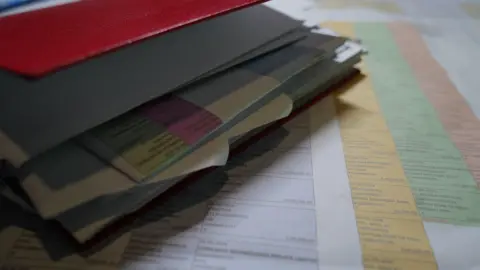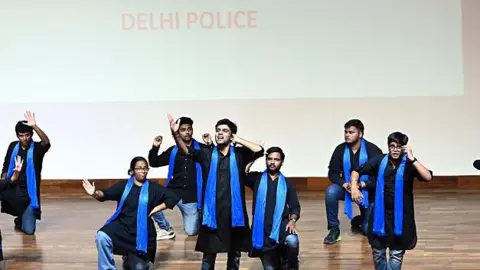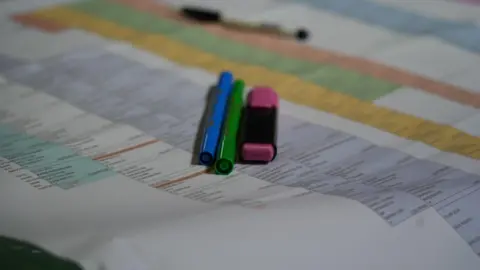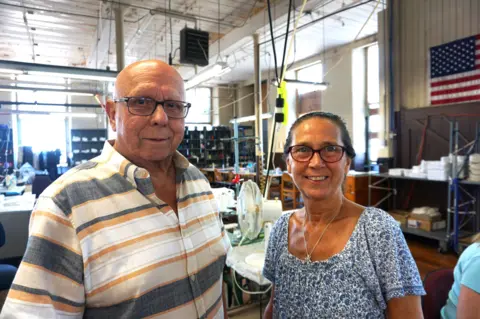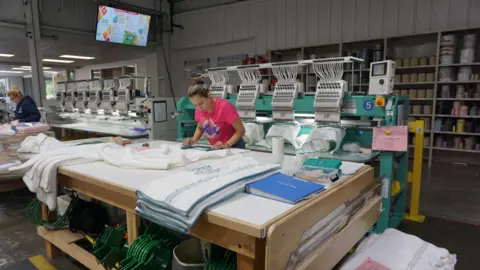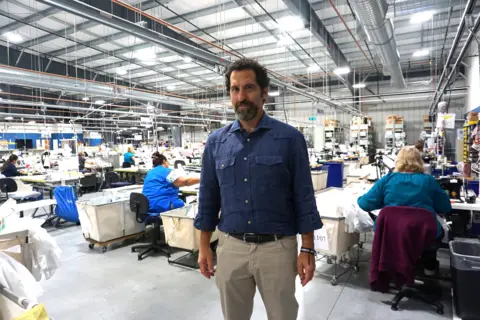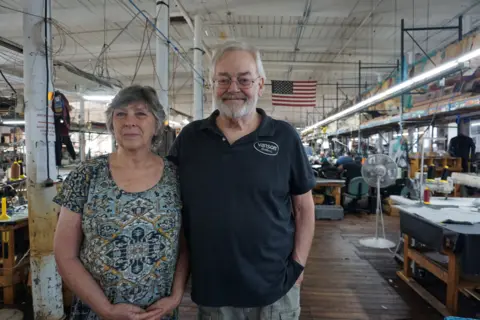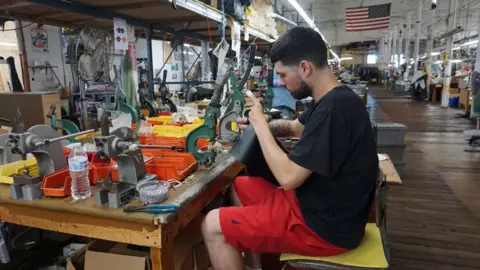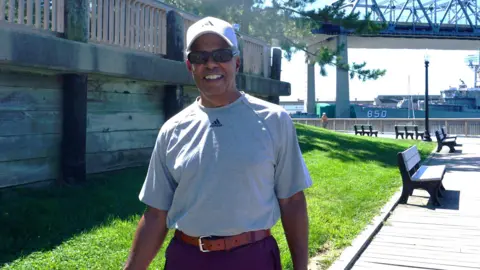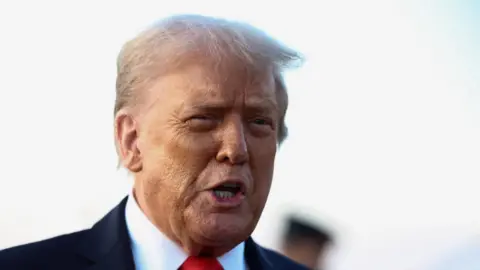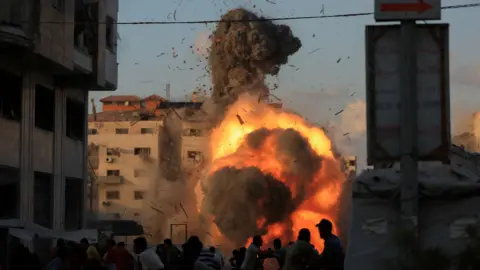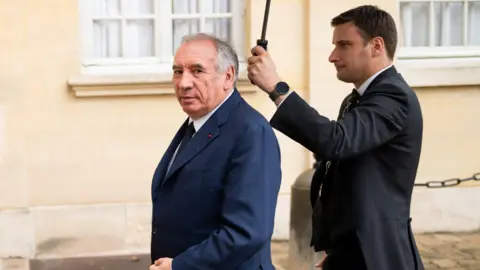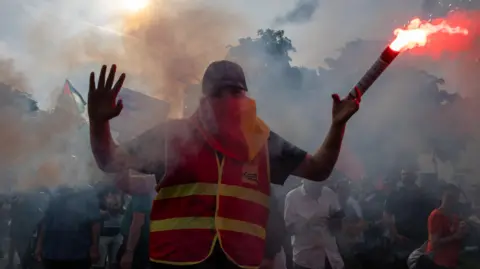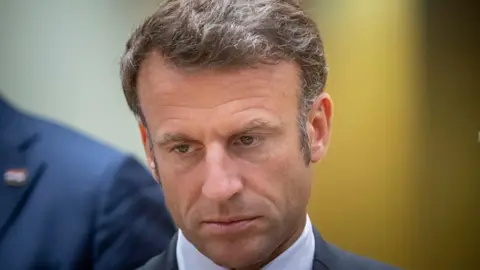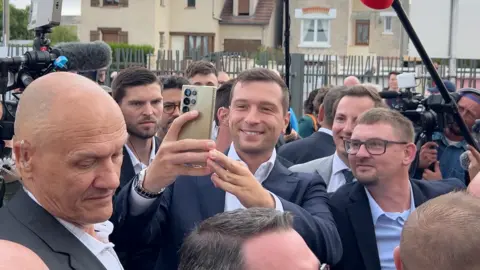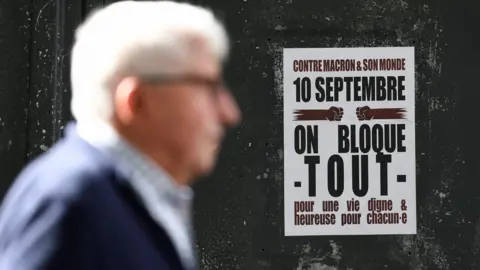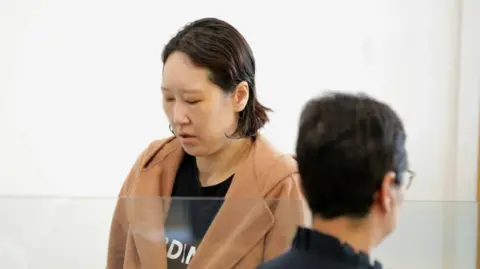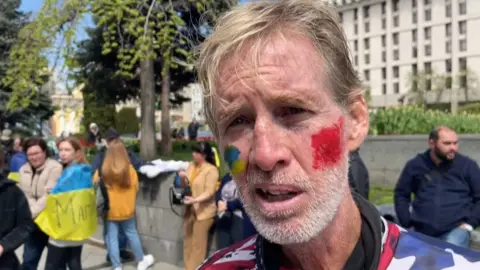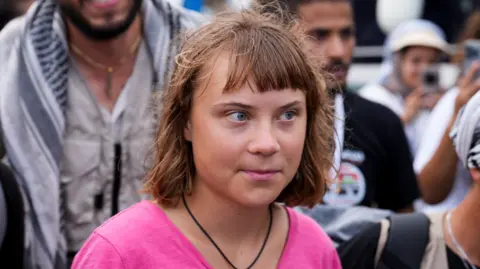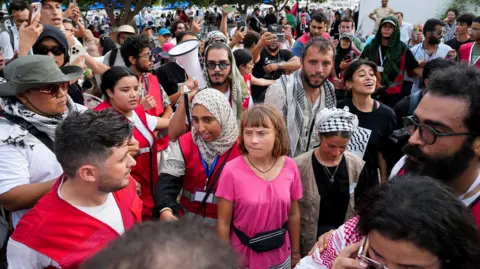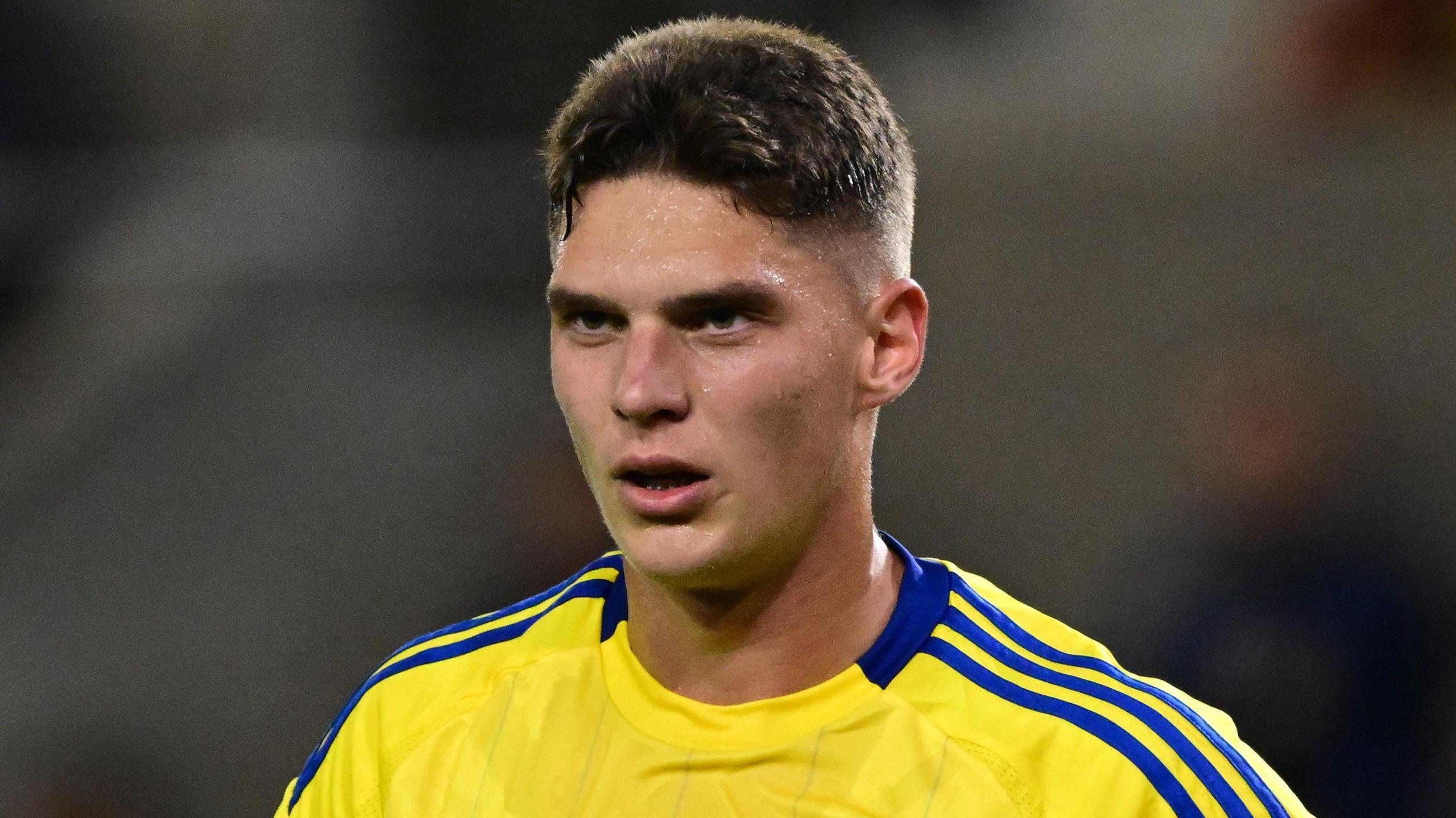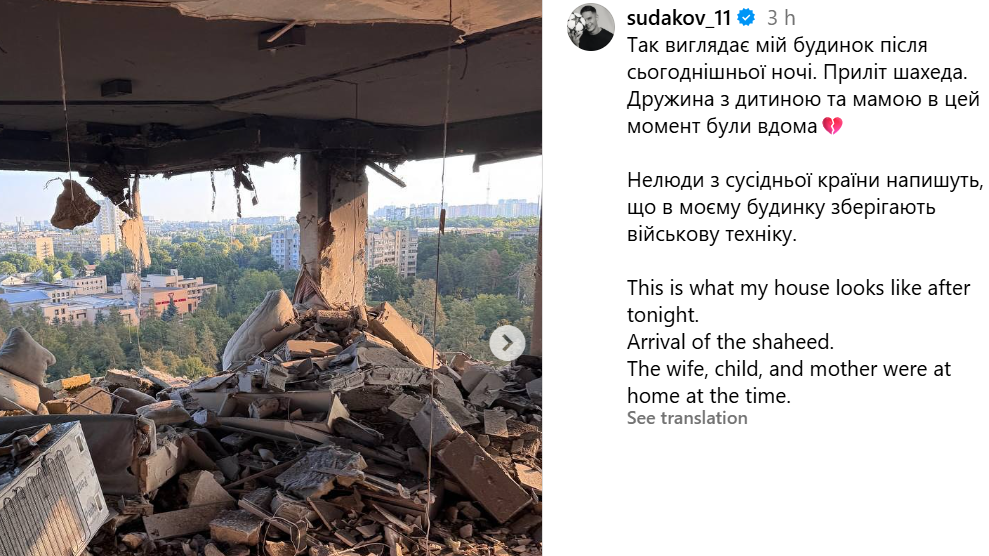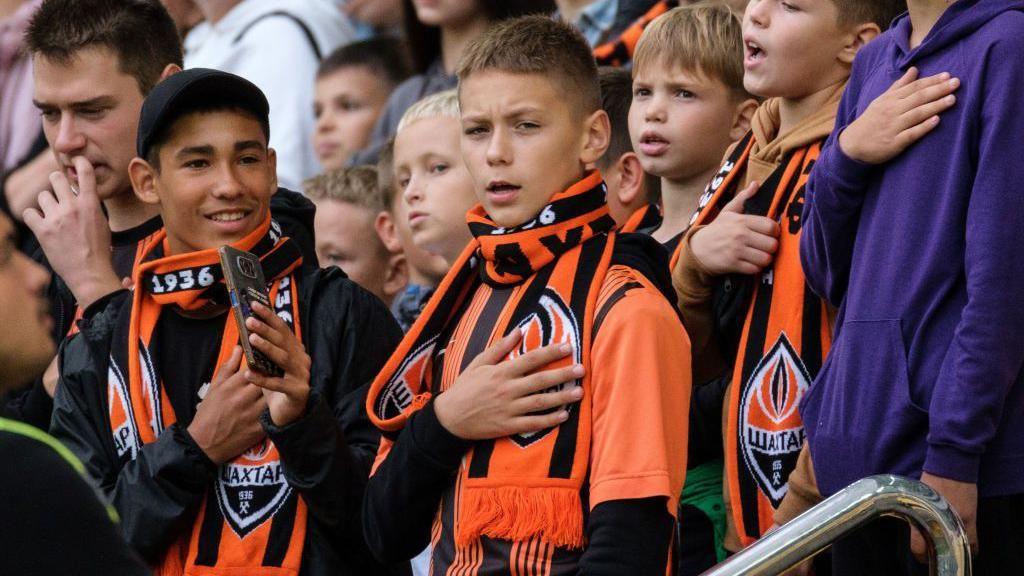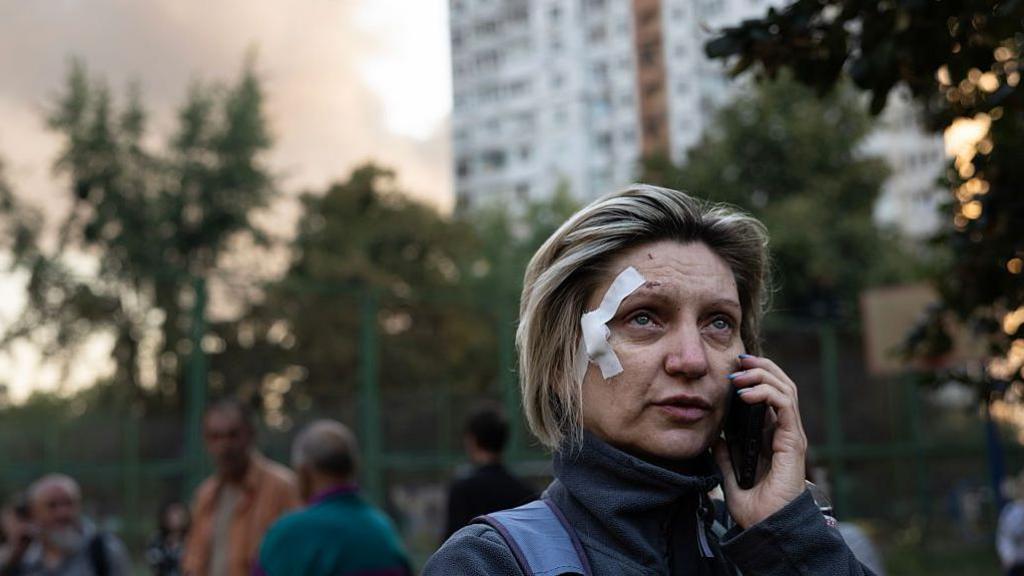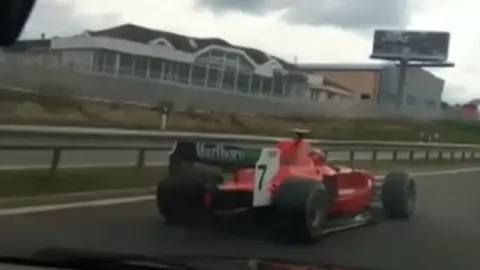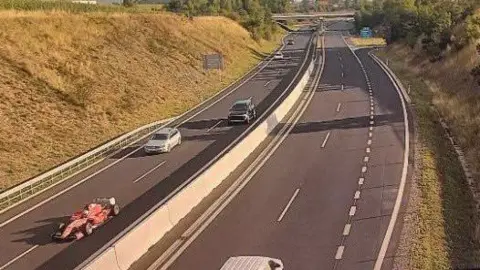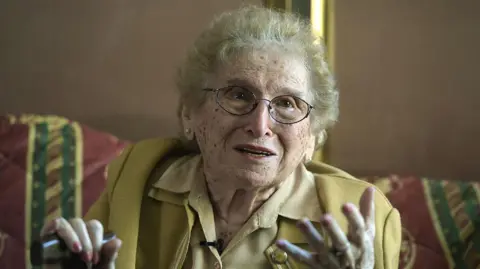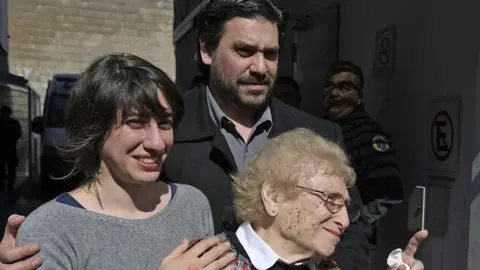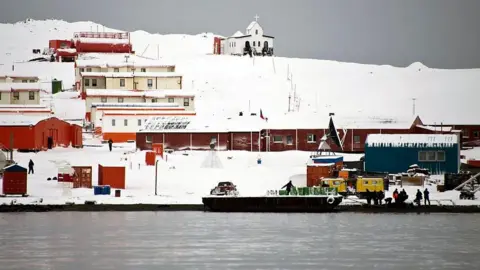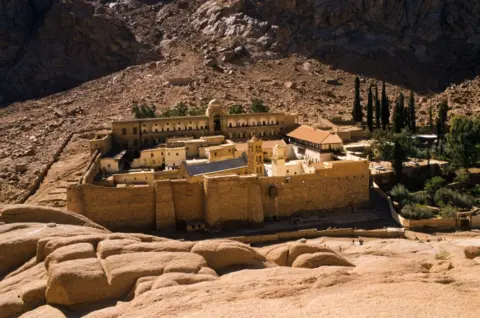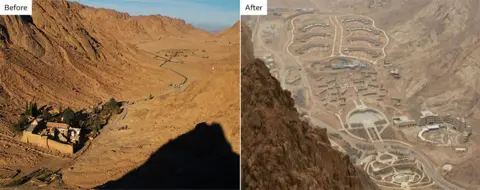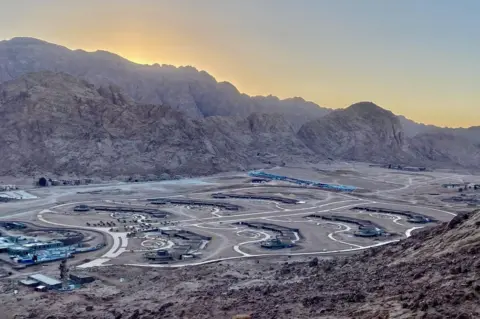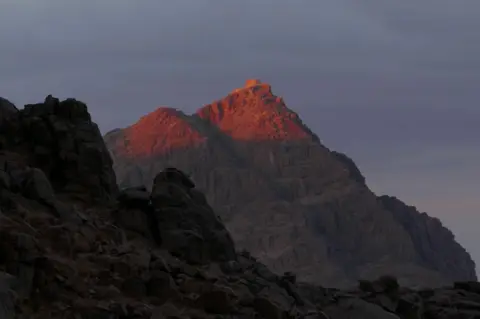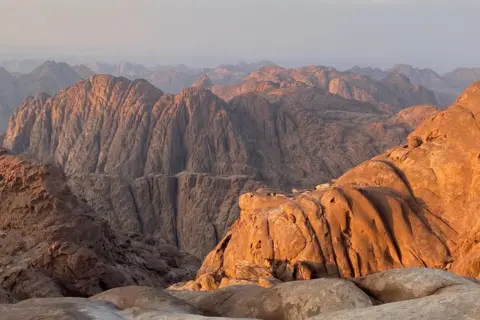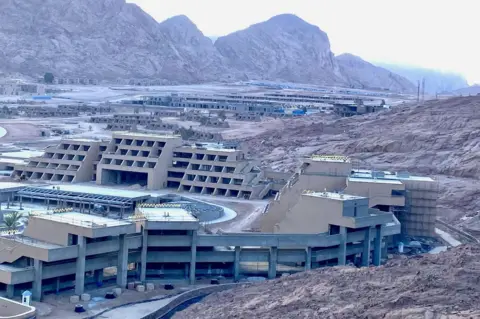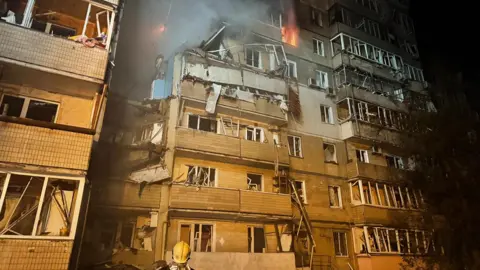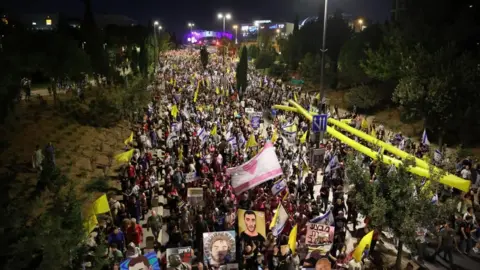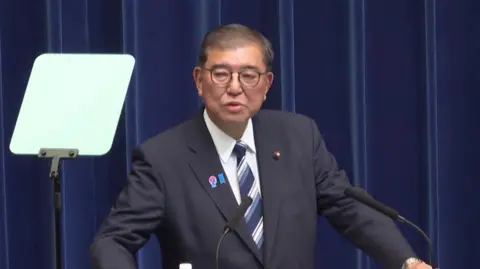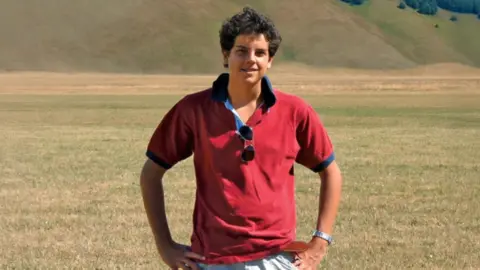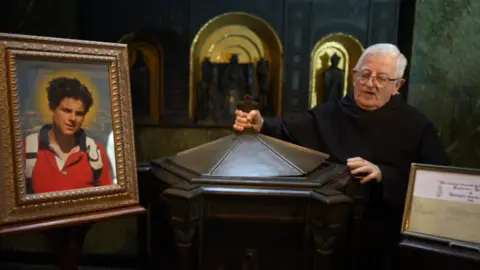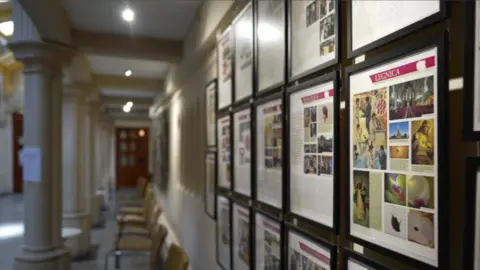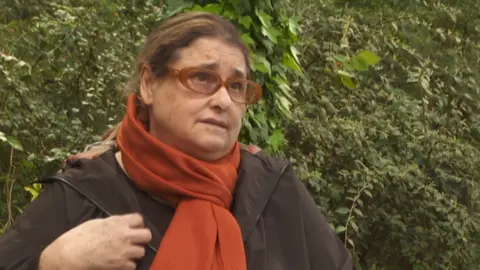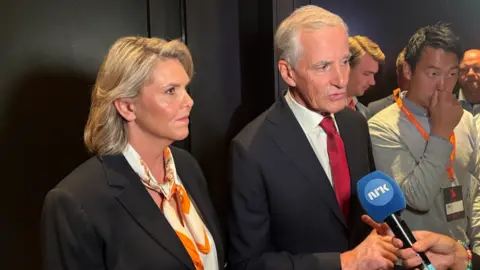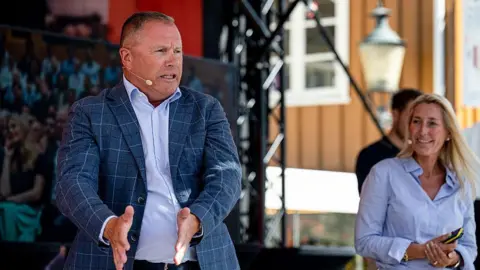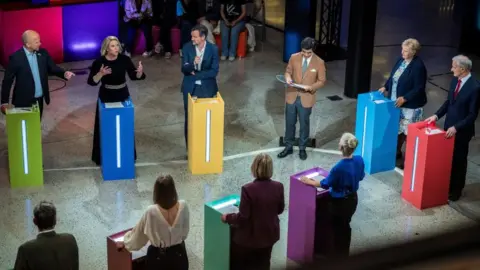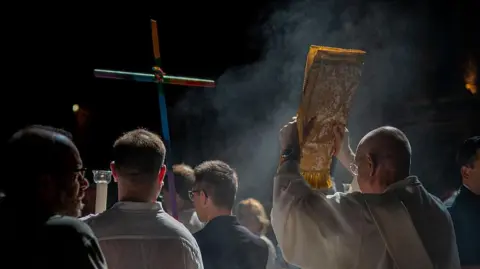South Korean worker tells BBC of panic during US immigration raid at Hyundai plant

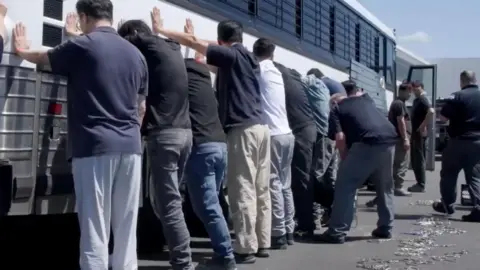 EPA/US Immigration and Customs Enforcement handout
EPA/US Immigration and Customs Enforcement handoutA South Korean worker who witnessed a massive immigration operation at a car factory in Georgia has told the BBC of panic and confusion as federal agents descended on the site and arrested hundreds.
The man, who asked to remain anonymous, was at the factory which is jointly owned by Hyundai and LG Energy when agents from Immigration and Customs Enforcement (ICE) arrested 475 people, including 300 South Korean nationals, with some being led away in chains.
He said he first became aware of the Thursday morning raid when he and his colleagues received a deluge of phone calls from company bosses. "Multiple phone lines were ringing and the message was to shut down operations," he said.
As news spread of the raid, the largest of its kind since President Donald Trump returned to the White House, the man said panicked family members tried to contact the workers.
"They were detained and they left all their cell phones in the office. They were getting calls, but we couldn't answer because [the office] was locked," he said.
According to US officials, some workers tried to flee including several who jumped into a nearby sewage pond. They were separated into groups based on nationality and visa status, before being processed and loaded onto multiple coaches.
Some 400 state and federal agents had gathered outside the sprawling $7.6bn factory complex, which is about half an hour from the city of Savannah, before entering the site at around 10:30 on Thursday.
The 3,000-acre complex opened last year and workers there assemble electric vehicles. Immigration officials had been investigating alleged illegal employment practices at an electric vehicle battery plant that is being built in the compound.
The operation ultimately become the largest single-site immigration enforcement operation in the history of Homeland Security investigations, officials said, adding that hundreds of people who were not legally allowed to work in the US were detained.
BBC Verify has been reviewing footage posted on social media and apparently filmed inside the battery plant.
One video shows men lined up in a room as a masked man, wearing a vest with the initials HSI - Homeland Security Investigations - and holding a walkie-talkie, tells them: "We're Homeland Security, we have a search warrant for the whole site. We need construction to cease immediately, we need all work to end on the site right now."
BBC Verify met the worker, who is legally entitled to work in the United States, in Savannah, the nearest city to the massive car factory.
The man said he was "shocked but not surprised" by the immigration operation. He said the vast majority of the workers detained were mechanics installing production lines at the site, and were employed by a contractor.
He also said a minority of those arrested had been sent from head office in Seoul and had been carrying out training, which the BBC has not been able to confirm.
The man said he believed nearly all the workers had some legal right to be in the US, but were on the wrong type of visas or their right to work had expired.

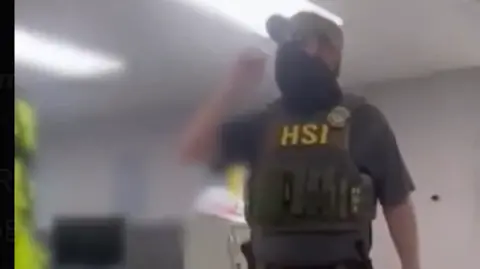 X
XThe BBC has contacted both Hyundai and LG Energy for comment.
In a joint statement released after the raid, Hyundai and LG energy said they were "co-operating fully with the appropriate authorities regarding activity at our construction site. To assist their work, we have paused construction."
Hyundai also said that "based on our current understanding, none of those detained is directly employed by Hyundai Motor Company".
It added it "is committed to full compliance with all laws and regulations in every market where we operate".
BBC Verify has also contacted the US Department of Homeland Security (DHS) for comment and for more details about exactly why the workers were detained and what they were doing at the plant.
On Friday, the day after the raid, the ICE agent in charge of the operation, Steven Schrank said all 475 detainees were "illegally present in the United States".
He said they were workers "who have entered through a variety of different means into the United States, some illegally crossed the border, some that came in through visa waiver and were prohibited from working, some that had visas and overstayed their visas".
The raid, dubbed by officials "Operation Low Voltage", targeted an electric battery plant which was being built on the same site as an existing Hyundai car factory.
ICE has released footage of the raid showing federal agents arriving in armoured vehicles and lining up workers outside the factory, with some shown chained together before being loaded onto coaches.
Other images show two men in a river apparently trying to escape, and another man being hauled out of the water by agents who are speaking to him in Spanish.
The worker we spoke to said he had sympathy for those who had been detained, but he said a crackdown was not a surprise under the Trump administration. "Their slogan is America first, and if you work in America legally, you won't have an issue," he said.
The man said the time and administrative hurdles involved in obtaining US visas had encouraged foreign companies to cut corners in order to finish projects on time, but they might now need to reassess.
"I mean, after this happened, many companies will think again about investing in the United States because setting up a new project might take so much longer than before," he said, adding that many of those who were detained were specialists and finding local workers to replace them would not be easy.
When the BBC visited the site over the weekend there were few visible signs of Thursday's raid, although two security teams asked us to move on as we filmed from the side of the road.

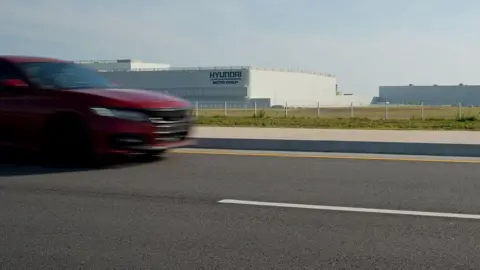 Getty Images
Getty ImagesThe electric car factory in Ellabell, Georgia is a huge complex that dominates the landscape and has been a major source of employment since the project was announced in 2022.
Georgia's Republican Governor Brian Kemp has hailed the $7.6bn complex, describing it as the largest economic development project in the state's history.
The impact of the venture has been reflected in the resurgence of the Korean American Association of Greater Savannah. "It's a growing community," said Cho Dahye, the association's president.
Ms Dahye, who became a US citizen in the 1980s and is also known by her American name Ruby Gould, said the ICE arrests had left people shocked.
She hopes the raid on her doorstep would not have a wider impact on US-South Korean relations. "It's very shocking to me and the image of a global, well-known company," she said.
Additional reporting by Aisha Sembhi
